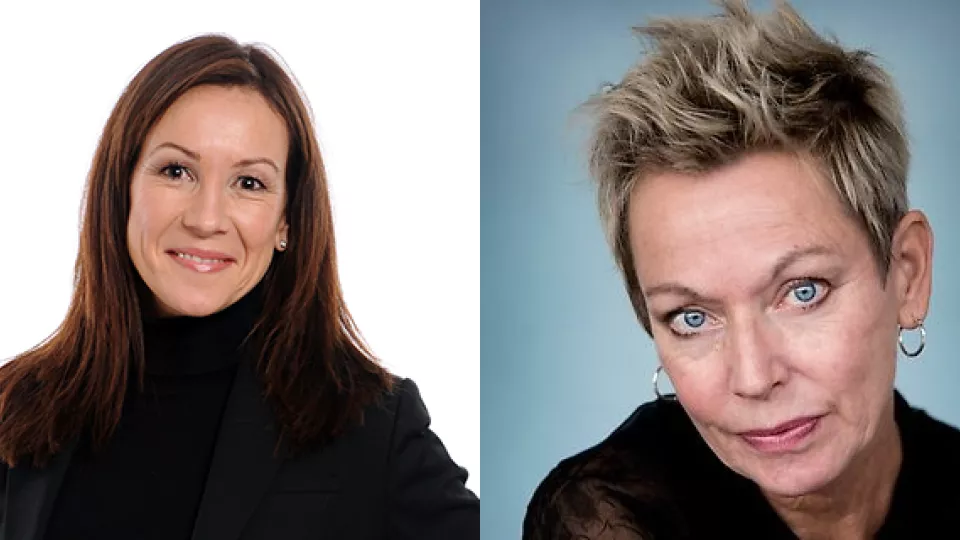Abstract
We find that the absence of women’s experiences in the documentation of Holocaust history is puzzling. Gendered silences and absences in Holocaust archives mean that we still know little about the particular suffering of women.
We propose that archives can bear witness of gendered knowledge and therefore, we will conduct a gender analysis of the Ravensbrück archive at Lund University to produce crucial new knowledge about the Holocaust.
Collected in 1945-1946 these testimonies document the women’s experiences at Ravensbrück, a Nazi concentration camp for women.
Thus, the project aims to:
- empirically recover the gendered experiences of the Holocaust by (re)reading women survivors’ testimonies in the Ravensbrück archive,
- analytically investigate the epistemic power of women’s testimonies in producing knowledge regarding the gendered nature of the Holocaust,
- theoretically contribute to the 'gendering of the archive', to identify gendered silences in the overall archival research on the Holocaust, and thereby contribute to gendering knowledge in Holocaust research
- methodologically, introduce “enquiry as bricolage” to conduct a transtemporal and transspatial reading of women’s testimonies from the Holocaust allowing them to speak to other testimonies of instances of genocidal violence
- practically, make a concrete contribution to Holocaust education, in relation to history, memory and gender to understand its role in fostering democratic citizenship.


